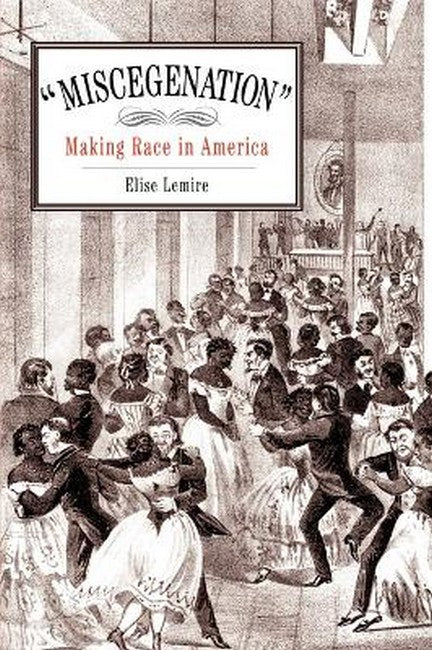Elise Lemire teaches literature at Purchase College, State University of New York.
Request Academic Copy
Please copy the ISBN for submitting review copy form
Description
List of Illustrations Introduction: The Rhetorical Wedge Between Preference and Prejudice 1. Race and the Idea of "Preference" in the New Republic: The Port Folio Poems About Thomas Jefferson and Sally Hemings 2. The Rhetoric of Blood and Mixture: Cooper's "Man Without a Cross" 3. The Barrier of Good Taste: Avoiding A Sojourn in the City of Amalgamation in the Wake of Abolitionism 4. Combating Abolitionism with the Species Argument: Race and Economic Anxieties in Poe's Philadelphia 5. Making "Miscegenation": Alcott's Paul Frere and the Limits of Brotherhood After Emancipation Epilogue: "Miscegenation" Today Notes Bibliography Index Acknowledgments
"Lemire opens new paths of inquiry into the invention of race and of whiteness, as well as into the history of love and sexual desire in the United States."--Martha Hodes, New York University "This is an exciting book. Lemire convinces the reader that the eighteenth and nineteenth centuries witnessed an often shrill argument for intra-racial, as opposed to inter-racial, coupling in the northeastern United States. Making love across the racial divide between black and white thus came to appear as a contradiction in terms, since only making miscegenation was possible."--Werner Sollors, Harvard University "The sexualizing of race and the racializing of sex have shaped U.S. society in powerful and destructive ways. Lemire's brief, well-researched, and thoughtful book illustrates how key components of this protean process became part of the worldview of nineteenth-century white society."--Choice

